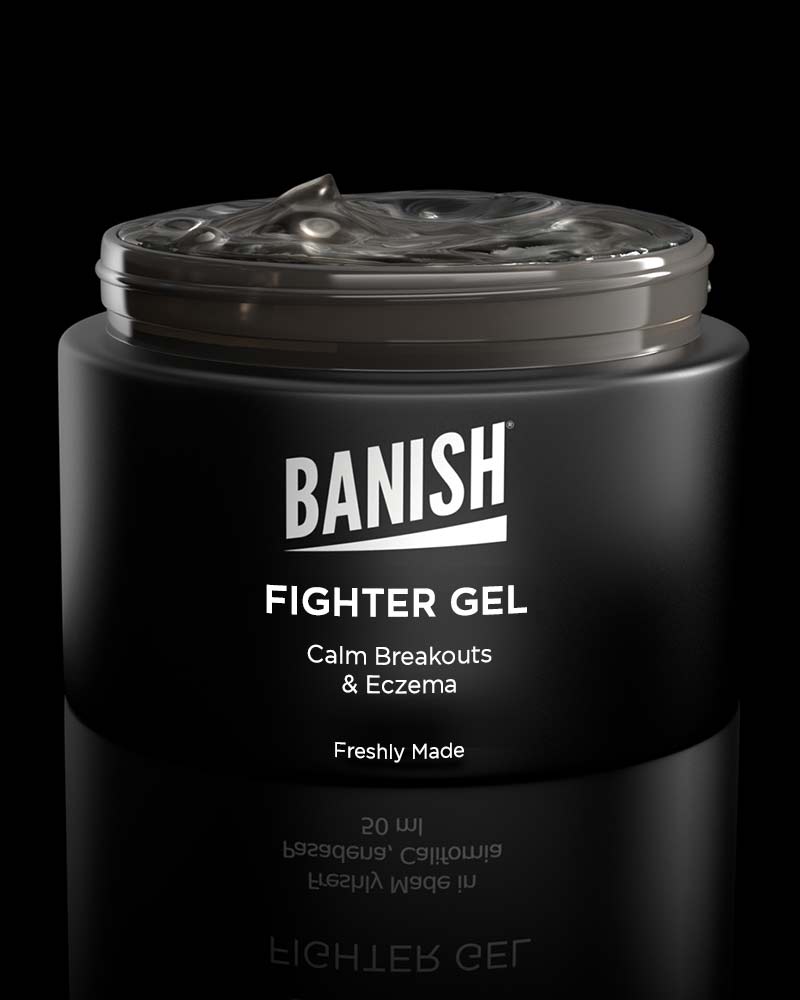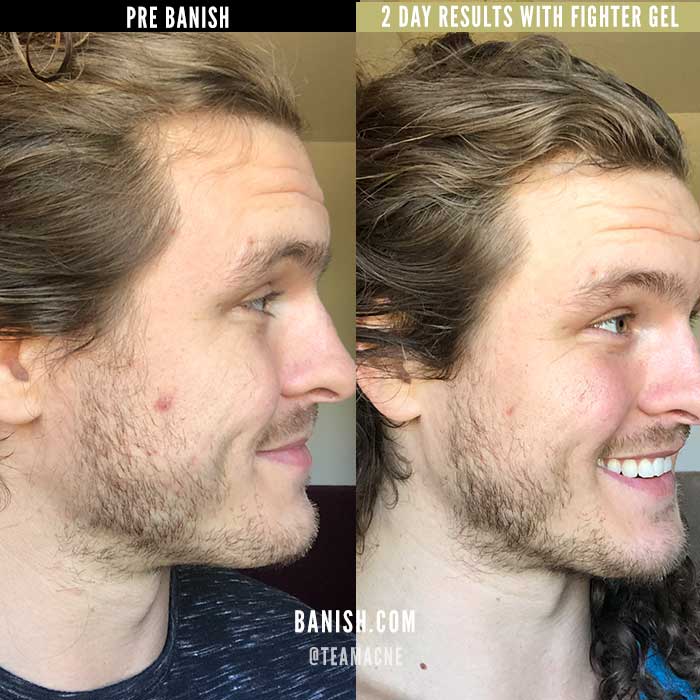By Chloe Singh
Any Individual who may deal with the agony and frustration of waking up in the morning and looking in the mirror seeing a face full of acne knows the heartache it can cause. I mean, like who doesn’t get frustrated when seeing a bunch of new spots all over their face? Well I surely do, and I bet the majority of individuals reading this article knows what I am talking about.
Acne can affect a person by causing a person physical pain as well as an emotional heartache.
Well first and for most, A lot of people have acne and it doesn't have to consume your life. Acne is basically caused by a hormonal shift that takes place within a human body that produces a high amount of oil. Without treatment the oil begins to build up and eventually clogs the pores this can affect how new skin cells develop, which can result in permanent scarring.
Treatment for acne depends on the type and condition of the acne situation. Some treatments may be painful whilst other treatments may be tender, and treatments may also result in being excessively expensive whilst the cheaper product may just result in being a waste of money.
Bacteria grows naturally on the human skin. This bacteria can sometimes get into the skin causing irritation as well as inflammation and this could result in blackheads, whiteheads, pimples and pus-filled lesions occurring on your face.
HOW DO ACNE PRODUCTS REALLY WORK?
Let’s see how these following acne products work: There is no one-size-fits-all solution to acne.
As to how acne products really work, no one really knows. They work in different ways, depending on the active ingredients. Some acne products do work by killing the bacteria that cause inflammation while others work by removing any excess oil from the skin or speeding up the growth of new skin cells as well as removal of dead skin cells. Other acne products may also do a combination of these things.
In this instance, there would most likely be multiple treatment plans to deal with the issue because sadly there is no “one products fixes everything” acne treatment although there are six treatments that have proven successful.
Many over-the-counter (OTC) acne products are available to treat mild to moderate acne or periodic breakouts. They include cleansing lotions, gels, foams and towelettes, leave-on products, and treatments or kits. How do you know which one is best for you?
The Food and Drug Administration warns against some popular OTC acne ingredients that may cause serious reactions such as throat tightness and swelling of face, lips and tongue, which are quite rare and not to be confused with redness.
- Alpha hydroxy acids
- Antibiotics
- Chemical Exfoliants
- Keratolytic Agents
- Pore Cleansers
- Sebum Regulators
- Sulfur
- Benzoyl peroxide
- Salicylic Acid
- Retinol
- Adapalene (Differin)
1) Alpha Hydroxy Acids – Alpha-hydroxy acids (AHAs) are a group of plant and animal-derived acids used in a variety of skincare products. These include daily anti-aging products, such as serums, toners, and creams, as well as occasional concentrated treatments via chemical peels. These types of acids are synthetic versions of acids derived from sugar-containing fruits which stimulates the growth of new, smoother skin. One type of AHA is the glycolic acid which helps to gently exfoliate the skin and this ingredient is one of the components of our Pumpkin Enzyme Masque.
2) Antibiotics - Medication can help aid sometimes to clear up acne. Consuming antibiotics in conjunction with a good cleansing system is sufficient. 2 Antibiotics are often prescribed by doctors in treating severe acne or acne that is likely to leave scars. Antibiotics work by improving the look of your skin and killing the bacteria causing the acne.
Though oral antibiotics may help with treating acne, it’s not typically the first choice you should take. Linkner strongly warns that taking oral antibiotics also has its side effects such as yeast infections, nausea and stomach upset.
3) Chemical Exfoliants - Chemical exfoliants work to remove dead skin cells, they also unclog blocked pores. Although a majority of chemical exfoliants are abrasive, causing skin redness and irritation. Chemical exfoliants do work even without abrasive agents and they dissolve or loosen the bonds responsible for holding dead skin cells on the surface by means of an acid or enzyme.
4) Keratolytic Agents - These work to remove excess keratin from the skin. Keratin, in high doses, clogs pores and causes excess oil production, which eventually leads to the creation of a pimple. 3 Keratolytic agents are believed to function by relaxing the cohesiveness of the stratum corneum as well as modulating and correcting any abnormal follicular keratinization.
5) Pore Cleansers - Clearing out pores frequently can help limit or even prevent acne issues. Pore cleansers are actually pore cleaning tools that help get rid of excess dirt and oil from your skin, particularly the face and nose.
Regularly washing your face does help keep your skin clean and healthy. However, the frequent use of pore cleansing tools will help you prevent acne problems in the future, because such tools are able to reach deep down into areas lather-based products can’t.
6) Sebum regulators - This specific type of product helps the skin regulate the oil it produces and secretes, which in time could lead to pore clogging, dead skin cells and severe inflammation. Most trusted acne products contain at least one sebum regulator, such as selenium sulphide or zinc pyrithione.
7) Sulfur – Sulfur is known to be a popular acne ingredient used to treat all types of skin inflammation.
“When it comes to acne, it’s a gentle yet effective ingredient used to reduce swelling and is “particularly effective for patients doing medical-grade acne treatments,” – Nikhil Dingra, board-certified dermatologist at Spring Street Dermatology in New York City
Sulfur removes dead skin cells and unclogs pores effectively. However it can sometimes burn and irritate the skin. It is often combined with other ingredients like salicylic acid, benzoyl peroxide or resorcinol. However, some products containing sulfur may cause the skin to dry.
It works by sucking up the oil. Sulfur is typically mixed with other active ingredients to get the most efficacy and with fragrances to mask the strong scent.
Sulfur works best for breakouts formed with combination of dead skin cells and sebum, including whiteheads and blackheads.
8) Benzoyl Peroxide – Benzoyl peroxide works for acne by killing the bacteria that’s responsible for causing it, helping in removing excess oil from the skin and dead skin cells that are clogging the pores.
This over-the-counter acne product ingredient is best for treating inflamed or pus-filled pimples and in some cases, cystic acne.
“It’s best to stick to formulations that have no more than 2% benzoyl peroxide listed on the active-ingredients chart; stronger concentrations are harder on your skin without being any tougher on bacteria.” – Eric Meinhardt, board certified dermatologist
Possible side effects of using the benzoyl peroxide include dry skin, scaling, redness, burning and stinging, especially if you have sensitive skin.
9) Salicylic Acid – This type of acid helps prevent pores from becoming clogged. Over-the-counter salicylic acid products are available in strengths ranging from 0.5% to 5%.
Salicylic acid has anti-inflammatory properties to help with inflamed cystic acne breakouts that could possibly occur when blockages in the hair follicles rupture the skin. Salicylic acid penetrates the skin and works by dissolving dead skin cells that are clogged into the pores. It may take several weeks for this acne product to work.
Salicylic acid works best for treating whiteheads and black heads.
Salicylic acid is also used in higher concentrations as a peeling agent for the treatment of:
- acne
- acne scars
- age spots
- melasma
Possible side effects of this acid include mild stinging and skin irritation.
10) Retinol – Retinol is a derivative form of Vitamin A found in creams for anti-aging and are efficient for clearing up acne. This can cause skin cells to turn over at a faster rate, decrease the oil production and help the skin to exfoliate, according to Rita Linkner, who’s a board-certified specialist.
However, retinol can also be irritating, especially for those who have sensitive skin.
11) Adapalene (Differin) – Also known by its brand name Differin, Adapalene is a synthetic type of retinoid that used to be only available by doctor’s prescription.
Acne comes with many complexities and nuances to diagnose and manage, but there is a lot that can be done to treat and prevent it with over-the-counter products. The key to finding the right OTC treatment is knowing what kind of acne you have.
Sources:
Acne: Treatment With Antibiotics" from Michigan Medicine: University Of Michigan; https://www.uofmhealth.org/health-library/hw199295
Keratolytic Treatments For Acne: A Review" by Ali Alkhan and Howard Maibach from Cosmetics And Toiletries; https://www.cosmeticsandtoiletries.com/formulating/category/skincare/premium-Keratolytic-Treatments-for-Acne-A-Review-208733901.html























Leave a comment
All comments are moderated before being published.
This site is protected by hCaptcha and the hCaptcha Privacy Policy and Terms of Service apply.